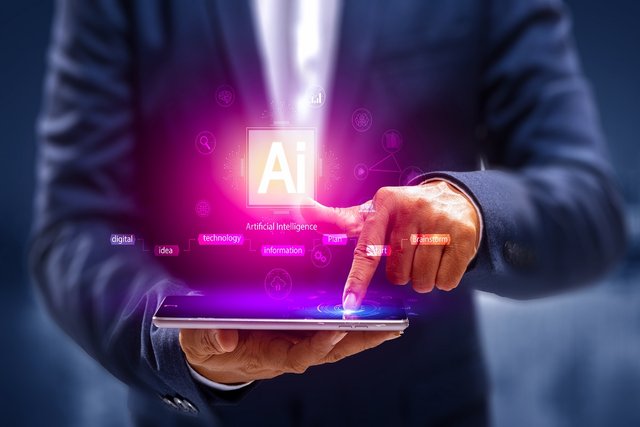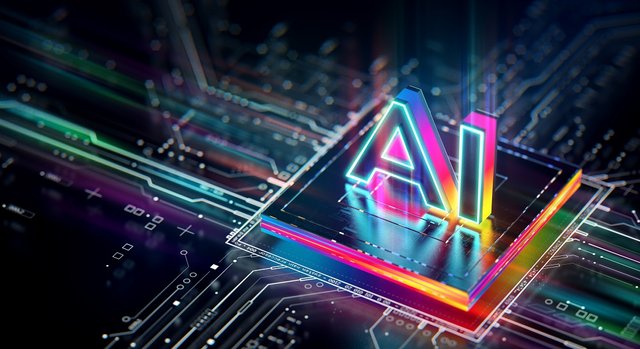Artificial Intelligence and Its Impact on Our Daily Lives

Artificial Intelligence (AI) is no longer just a concept found in science fiction; it is a transformative force shaping the way we live, work, and interact with the world around us. From virtual assistants like Siri and Alexa to personalized shopping recommendations, AI has seamlessly integrated into our daily routines. In this article, we will explore the many ways AI is affecting our lives, its potential future applications, and the ethical considerations that come with its widespread adoption.
How AI Enhances Our Daily Lives
AI has become a key player in making our lives more efficient and convenient. Here are some notable examples of its presence in everyday life:
Personal Assistants
Virtual assistants such as Siri, Google Assistant, and Alexa use natural language processing (NLP) to understand and respond to our commands. Whether setting reminders, answering questions, or controlling smart home devices, these assistants have become indispensable for many.
E-commerce and Personalized Shopping
AI algorithms analyze our browsing history, preferences, and purchasing patterns to provide personalized recommendations. Platforms like Amazon and Netflix use AI to suggest products or shows that align with our interests, enhancing user satisfaction and increasing engagement.
Healthcare Advancements
In the healthcare sector, AI-powered tools are revolutionizing diagnostics and treatment. AI systems can analyze medical images, predict patient outcomes, and even assist in surgery. Apps like Ada and Babylon Health allow users to input symptoms and receive AI-generated health advice.
Transportation and Navigation
Navigation apps like Google Maps and Waze use AI to provide real-time traffic updates and suggest optimal routes. Autonomous vehicles, powered by AI, are also being developed to make transportation safer and more efficient.
Content Creation and Consumption
AI is playing a significant role in content generation. For instance, platforms like Canva use AI to suggest design templates, while tools like Grammarly enhance writing by providing grammar and style suggestions. Social media algorithms prioritize content based on user preferences, ensuring a more engaging experience.
Future Applications of AI
The potential of AI extends far beyond its current applications. Here are some exciting areas where AI could make a significant impact:
Education
AI can personalize learning experiences by adapting educational content to individual students' needs. Virtual tutors and AI-driven learning platforms could make quality education accessible to everyone.

Sustainability
AI can help address environmental challenges by optimizing energy consumption, predicting natural disasters, and improving waste management. For example, AI-powered systems can monitor and reduce carbon emissions in real-time.
Workplace Efficiency
AI is expected to revolutionize the workplace by automating repetitive tasks, enabling employees to focus on more creative and strategic activities. AI-powered tools can also enhance decision-making by analyzing large datasets and providing actionable insights.
Healthcare Breakthroughs
The integration of AI with biotechnology could lead to groundbreaking discoveries in drug development, genetic research, and personalized medicine. AI could also enable remote surgeries and improve access to healthcare in underserved areas.
Ethical Considerations and Challenges
As AI continues to evolve, it raises important ethical questions and challenges that must be addressed:
Privacy Concerns
AI systems often require access to large amounts of personal data to function effectively. Ensuring data privacy and security is crucial to maintaining public trust.
Bias in AI Algorithms
AI systems can inherit biases present in the data they are trained on, leading to unfair outcomes. Developers must prioritize fairness and inclusivity when designing AI models.
Job Displacement
While AI has the potential to create new job opportunities, it may also lead to the displacement of workers in certain industries. Reskilling and upskilling programs are essential to help the workforce adapt to these changes.
Autonomy and Accountability
As AI systems become more autonomous, questions about accountability and decision-making arise. Establishing clear guidelines and regulations is essential to ensure ethical AI use.
Conclusion
Artificial Intelligence is undoubtedly transforming our daily lives, making tasks more efficient and convenient while opening up new possibilities for innovation. However, it also brings challenges that require careful consideration and proactive solutions. By embracing AI responsibly, we can harness its potential to improve our quality of life and address some of the world's most pressing issues. The future of AI is bright, and its impact on our lives will only continue to grow in the coming years.